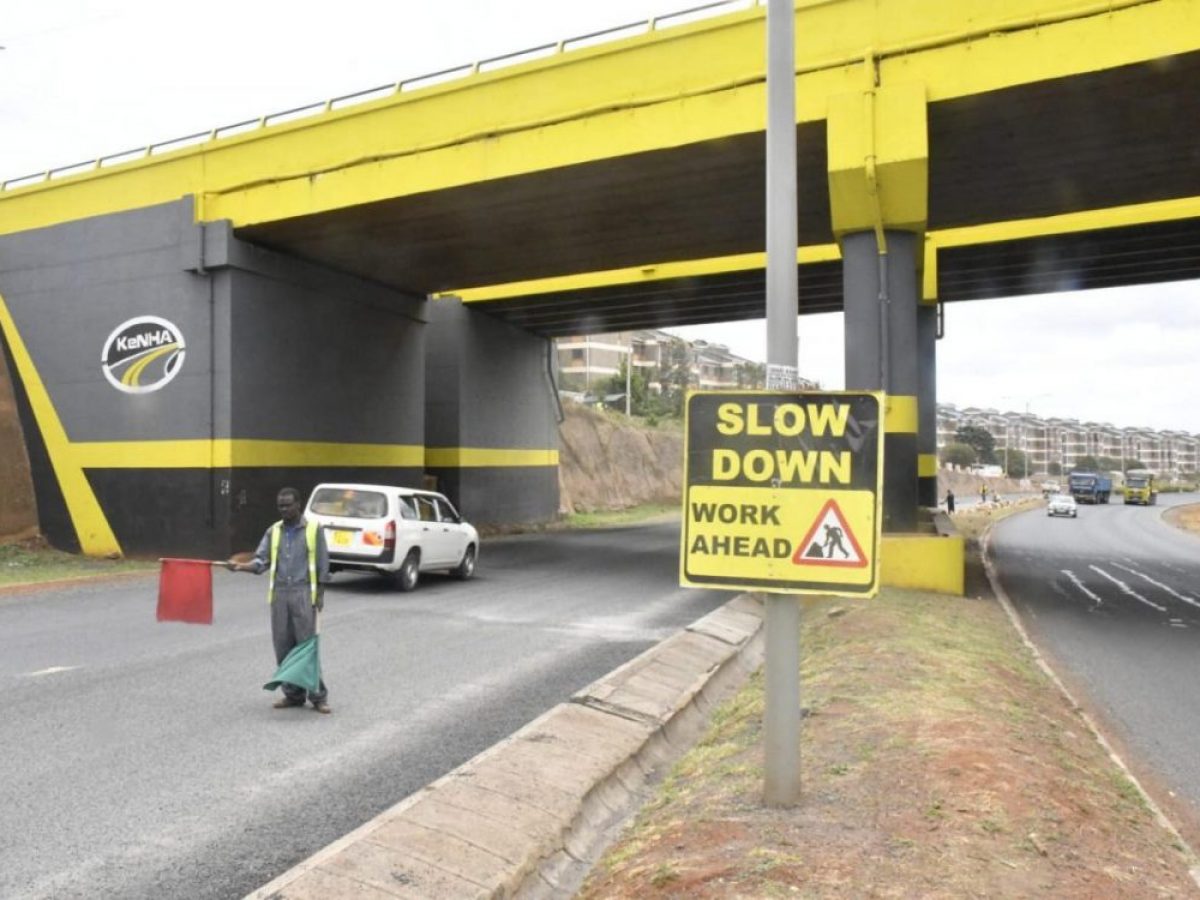How KeNHA will spend Road Maintenance Levy Fund collected from Kenyan taxpayers

The levy collected from each litre of fuel purchased in Kenya, saw a hike in July 2024 when EPRA raised the levy from Sh18 to Sh25 per litre.
The Kenya National Highways Authority (KeNHA) has outlined its plans for the funds collected through the Road Maintenance Levy Fund (RMLF), amid growing public discontent over the recent increase in the levy.
The RMLF, collected from each litre of fuel purchased in Kenya, saw a hike in July 2024 when the Energy and Petroleum Regulatory Authority (EPRA) raised the levy from Sh18 to Sh25 per litre.
More To Read
- Government road repairs fall to six-year low as funding cuts bite
- Motorist association warns Rironi–Nakuru–Mau Summit Highway expansion to benefit foreign firms, burden taxpayers
- MPs halt Sh2 billion Greenpark underpass over poor design, inaccessible features
- MPs slam road agencies over billions spent on poorly maintained roads
- Counties to receive direct funding for road maintenance after passage of new Bill
- Showdown looms as counties, MPs clash over Road Maintenance Levy Fund
This increase came despite widespread public opposition during the public participation process and previous assurances from the then-Transport Cabinet Secretary Kipchumba Murkomen, who is now the Sports CS, that the government would consider the public's recommendations.
“The government will be keen to not increase the Levy without exacerbating the cost of living,” Murkomen said on July 8.
However, despite the assurance, Kenyans have expressed concerns that the levy increase will worsen the already high cost of living. Many argue that road maintenance should be funded through the exchequer's consolidated fund, rather than taxing citizens further. The uproar has since led to questions about the fairness and necessity of the levy.
While defending the move on Wednesday, KeNHA, one of the primary beneficiaries of the RMLF, defended the decision, noting that the funds are crucial for maintaining and improving existing road infrastructure. The authority clarified that the levy is strictly used for the upkeep of roads and not for the construction of new ones.
“Questions have been raised before on what the Road Maintenance Levy Fund (RMLF) is used for. The RMLF, administered by the Kenya Roads Board (KRB), is a critical source of funding aimed specifically at maintaining existing roads across the country. It ensures that our roads remain safe and reliable for all users,” the Authority said.
“Collected primarily from fuel levies, the fund is used for routine maintenance, repairs, and rehabilitation of roads under various Authorities. This means that KeNHA cannot use this funds to construct a new road.”
Proposed toll policy
However, KeNHA said if the proposed toll policy is approved, funds collected from tolls could be used for new road projects, potentially freeing up RMLF resources for other infrastructure needs.
Several major roads, including the Nairobi Southern Bypass, Nairobi-Nakuru-Mau Summit Highway, and Thika Superhighway, are among those proposed for tolling under the new policy.
“In the event of successful tolling, the collected fees will then be used to maintain and rehabilitate the specific road that they are collected from. This could free RMLF to fund new road projects as the tolled roads may not be candidates for the RMLF fund,” the Authority said.
The authority reiterated that if the policy passes, it will allocate the revenue generated from such road tolls to maintain the same roads.
KeNHA emphasised that extensive public participation will be conducted regarding the proposed Road Tolling Policy to ensure that all stakeholders' views are considered.
“KeNHA remains committed to work within the approved policies set by the Kenya Roads Board to ensure that the funds are used efficiently and transparently to improve the safety and quality of highways for all Kenyans,” the Authority said.
The last review of the RMLF was done in July 2016, when it was increased from Sh12 to Sh18 per litre.
The price changes now mean that consumers in Nairobi will pay a maximum of Sh188.84 for a litre of super petrol, Sh171.60 for a litre of diesel and Sh161.75 for a litre of kerosene. EPRA, on Wednesday, announced that it had retained the same rates.
Residents in Mombasa will buy super petrol at Sh185.66, diesel at Sh168.43, and kerosene at Sh158.7. In Nakuru, the prices will be Sh187.9 for super petrol, Sh171.04 for diesel, and Sh161.27 for kerosene.
Eldoret will have super petrol at Sh188.67, diesel at Sh180.81, and kerosene at Sh162.04. Kisumu residents will pay Sh188.66 for super petrol, Sh171.81 for diesel, and Sh162.04 for kerosene.
In Kilifi, super petrol will be priced at Sh186.43, diesel at Sh169.2, and kerosene at Sh159.46. Kwale will see prices of Sh186.05 for super petrol, Sh168.82 for diesel, and Sh159.08 for kerosene. Further, in Lamu, super petrol will be Sh189.2, diesel will be Sh171.97, and kerosene will cost Sh162.24.
Top Stories Today














































